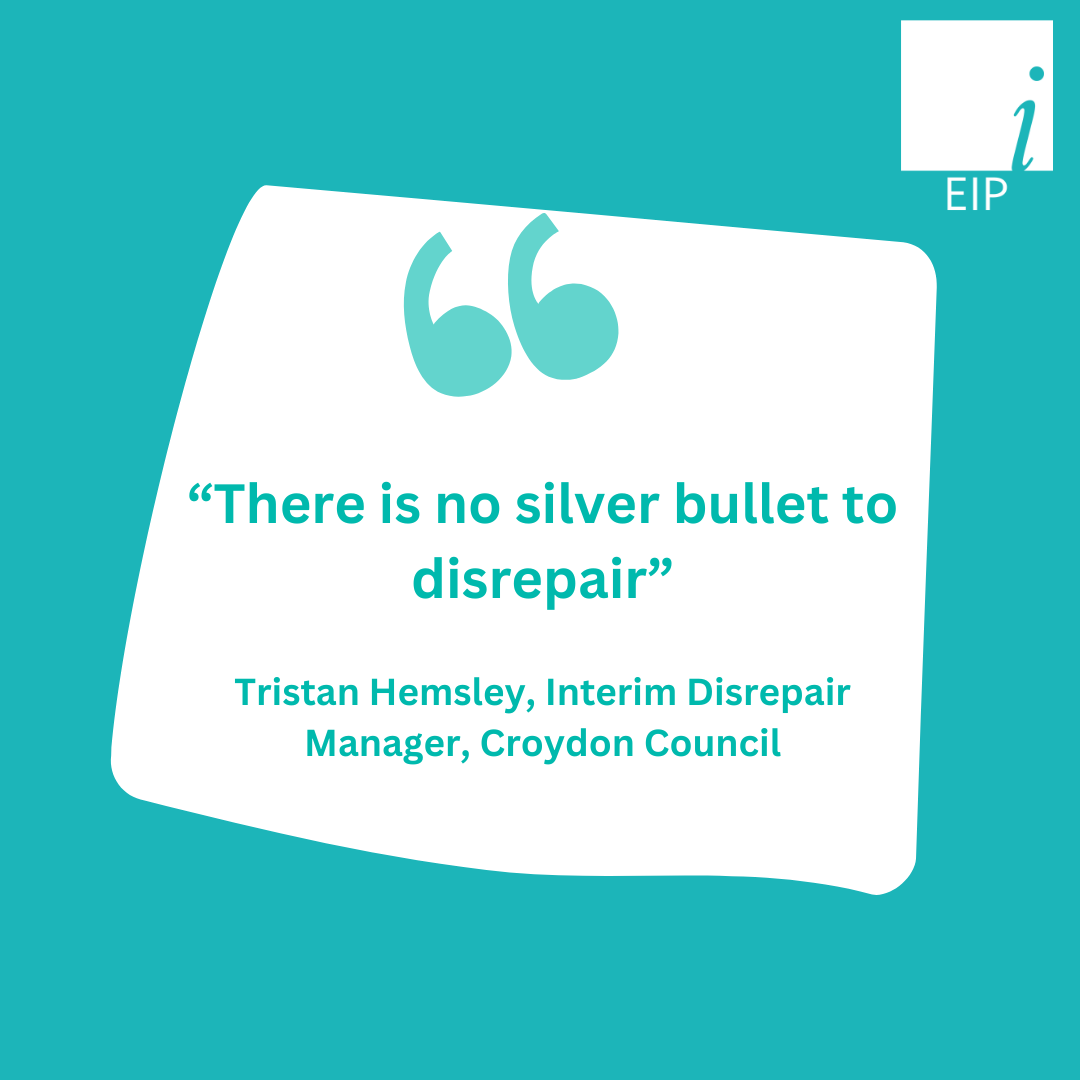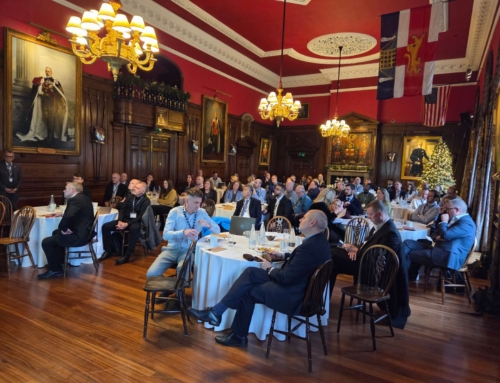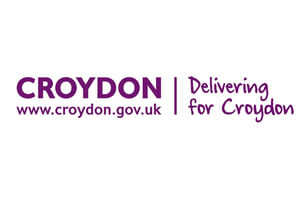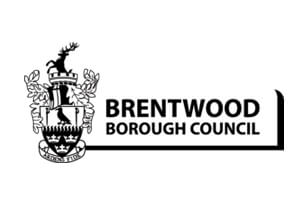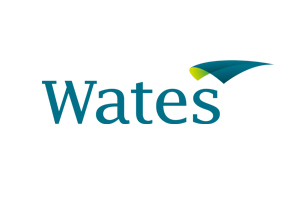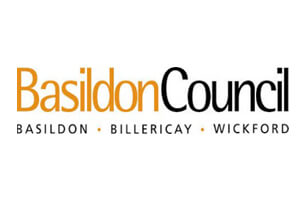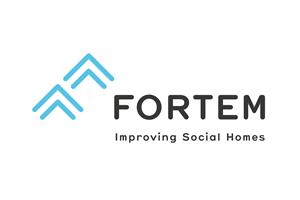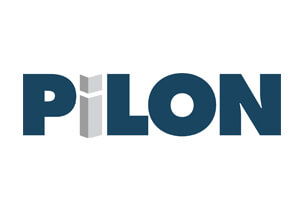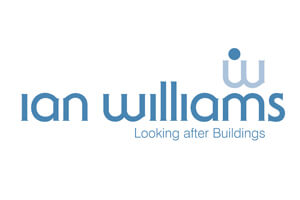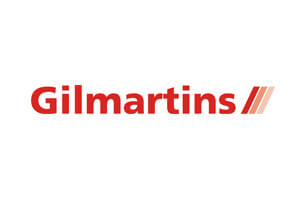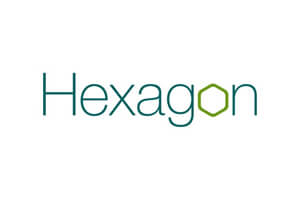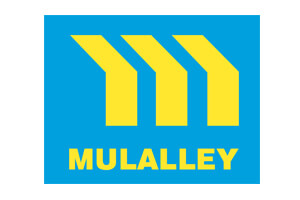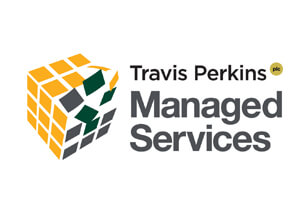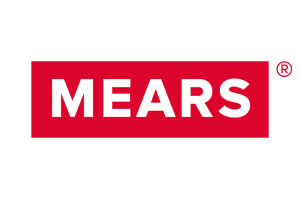Exploring different organisations approaches to disrepair
The latest meeting of our Disrepair Improvement Group discussed how organisations are addressing disrepair, damp, and mould, and how drone technology can support legal disrepair cases.
Chartered Building Surveyor Geoff Hunt opened the session. He discussed some of the positive changes implemented in the sector to address condensation mould including establishing dedicated condensation mould departments. Geoff also advised organisations to plan for condensation mould cases in the summer to get ahead during the peak season, and to develop fast-track systems including special phone lines to instantly refer tenants with condensation mould issues to the appropriate teams.
The next presentation was delivered by Summer Sampson, Disrepair Manager and Healthy Homes manager at Wates Group. Summer introduced Healthy Homes, which responds to all damp, mould and disrepair issues. She explained that damp, mould and disrepair will have its own dedicated workstream and subcontractors to deal with surveys and remedial works. She also explained the other measures Wates has taken, including developing process mapping and Estate Days, which involve discussing the causes of condensation mould with tenants and flagging who they should approach for advice.
Next up, the group heard from Tristan Hemsley, Interim Disrepair Manager at Croydon Council. “There is no silver bullet to disrepair”, explained Tristan, who spoke of previous issues faced by the council, including a high volume of open disrepair claims which has required a dedicated disrepair team which has tripled in size, and dedicated contractor delivery teams supplied via Wates and Mears. Tristan also spoke of anew pilot turnaround programme introduced by the council to clear a backlog of claims. He explained the benefits of the Croydon Council Disrepair Resolution Scheme, based on Lambeth Council’s ADR scheme, including how it will benefit residents compared to dealing with no-win no-fee lawyers.
Finally, attendees heard from Grace Hammond, Head of Services – Built Environment, at Vantage UAV, which helps organisations embed drone technology. Drones are cost-effective, safer and faster, she said, outlining the company’s offerings, including thermal inspections, 3D modelling, mapping and surveying. She explained how drone technology can support legal disrepair cases, with date and time-stamped footage to assist support historical record keeping. “Using drones as a defence is the best offence” said Grace – for example, inspections to establish property condition can prevent smaller issues from worsening, and help contractors know what materials are needed to complete repairs ahead of time.
